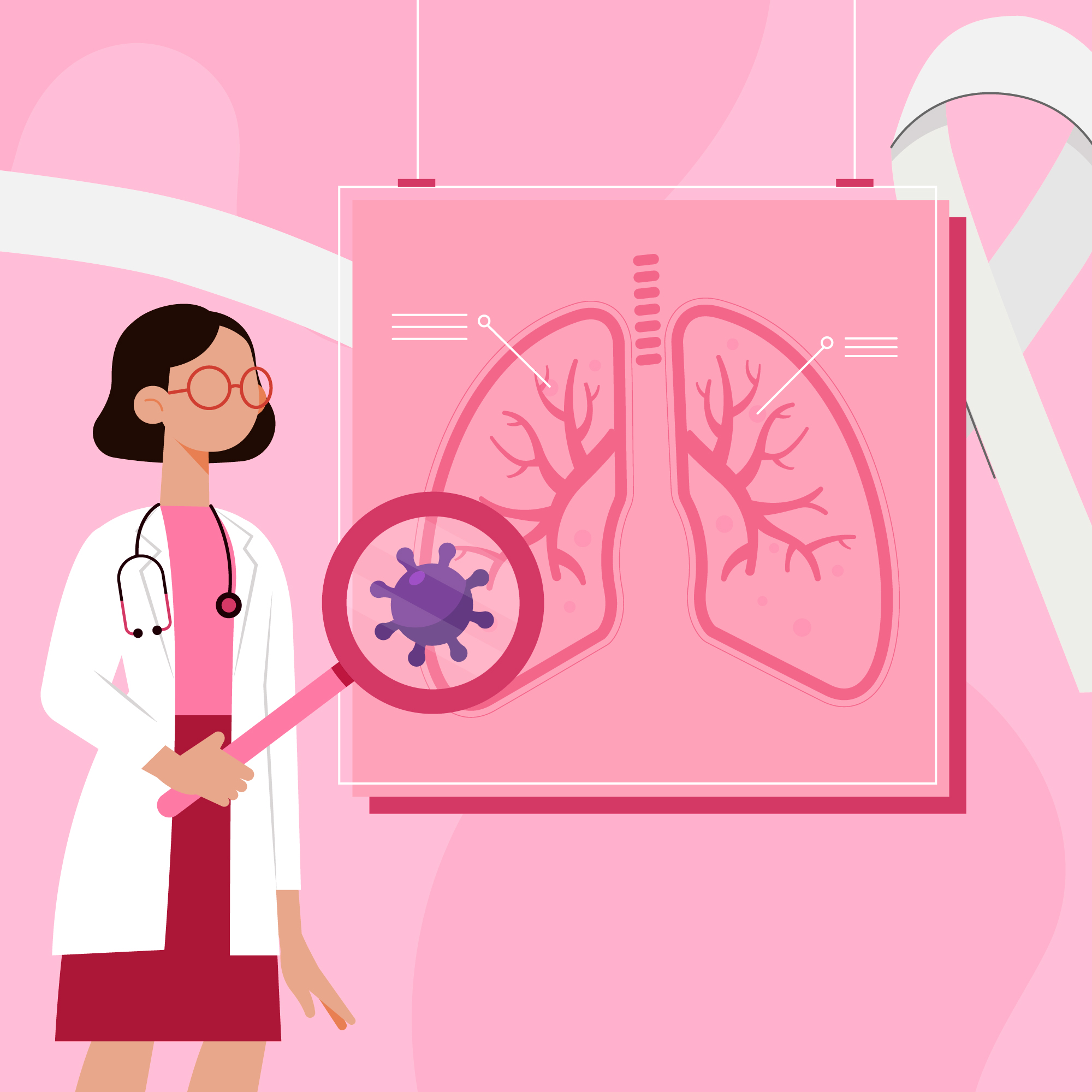
Exploring the Impact of Cystic Fibrosis on Respiratory Health
Title: Understanding How Cystic Fibrosis Affects Breathing
Cystic fibrosis (CF) is a genetic condition that primarily affects the lungs and digestive system. In this blog, we’ll explore how CF impacts respiratory health in simple terms.
Thick Mucus Buildup:
One of the main features of CF is the production of thick, sticky mucus in the airways. This mucus is difficult to clear, leading to blockages in the lungs and making it hard to breathe.
Increased Risk of Infections:
The thick mucus in the airways provides a breeding ground for bacteria, leading to frequent respiratory infections such as pneumonia and bronchitis. These infections can cause further damage to the lungs over time.
Chronic Inflammation:
The ongoing cycle of infection and inflammation in the lungs can lead to chronic inflammation, which contributes to lung damage and respiratory symptoms such as coughing and wheezing.
Breathing Difficulties:
As the lungs become increasingly damaged, individuals with CF may experience shortness of breath, especially during physical activity. Over time, breathing difficulties can worsen, impacting daily life and reducing quality of life.
Complications:
Severe lung damage can lead to complications such as respiratory failure, requiring oxygen therapy or even lung transplantation in some cases.
Conclusion:
Cystic fibrosis has a significant impact on respiratory health, leading to breathing difficulties, frequent infections, and lung damage over time. Early intervention and comprehensive management are essential for slowing the progression of the disease and improving quality of life.
To seek medical advice, always consult a Doctor. Here are our recommended experts. Click here
To read more on Respiratory disease . Click Here


